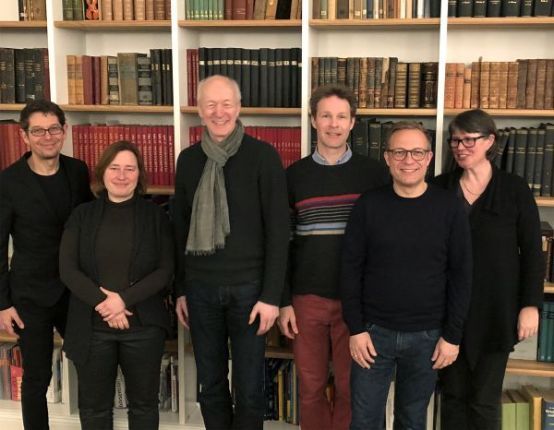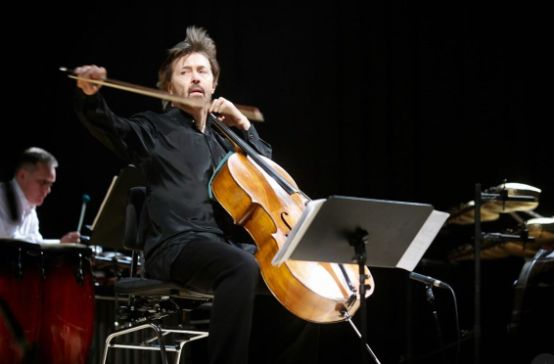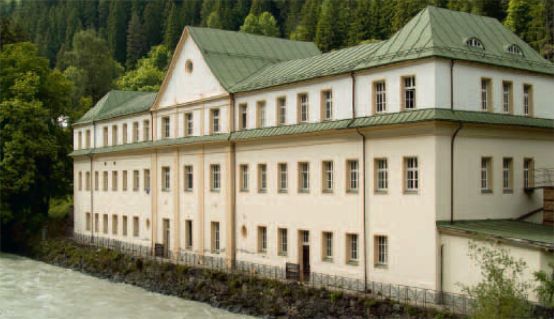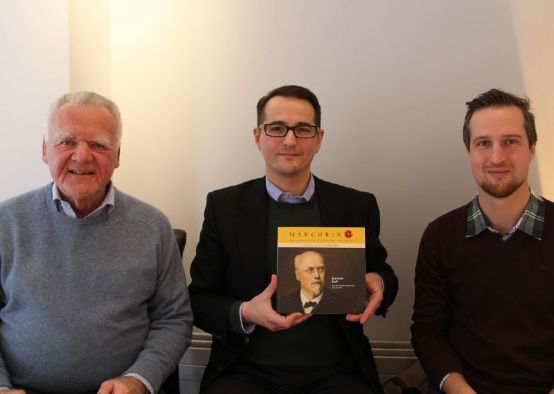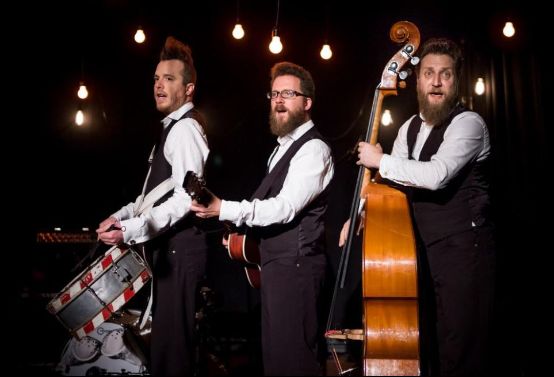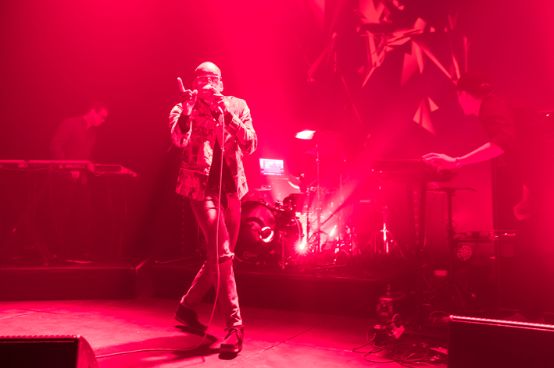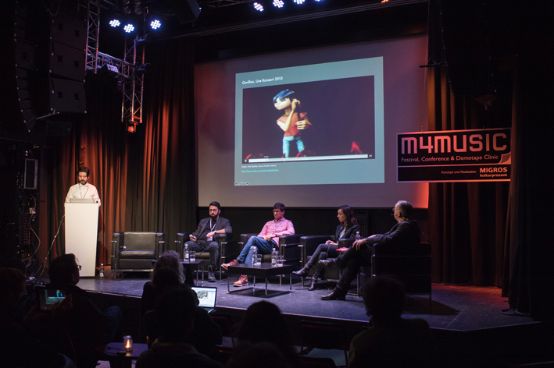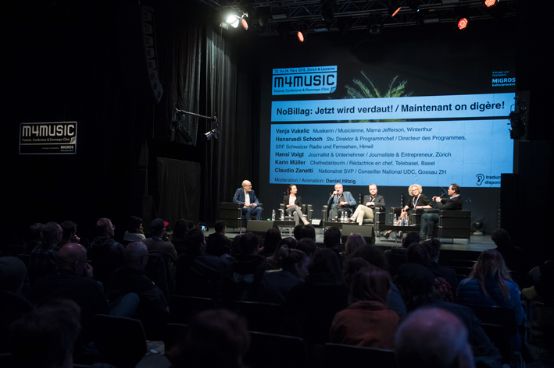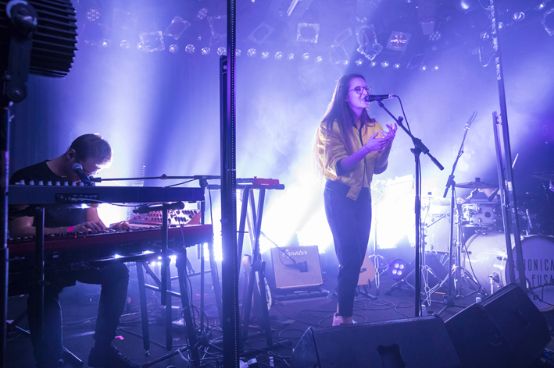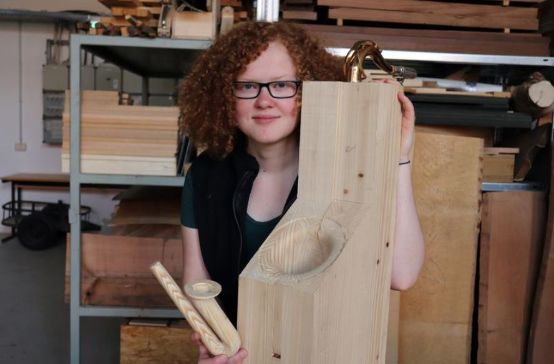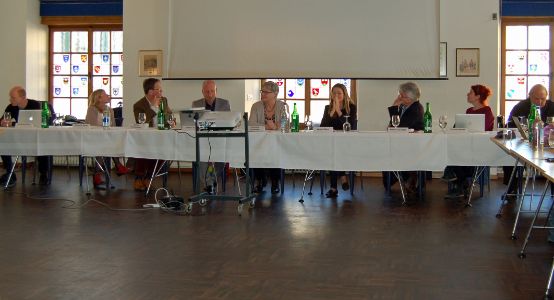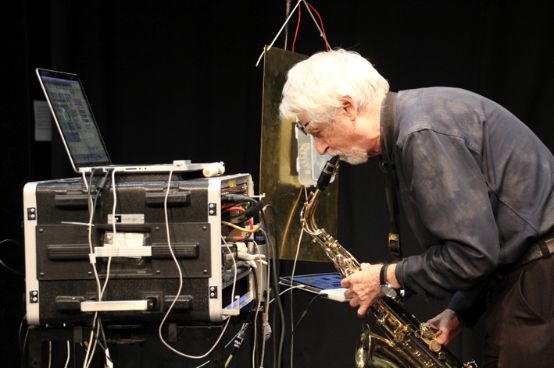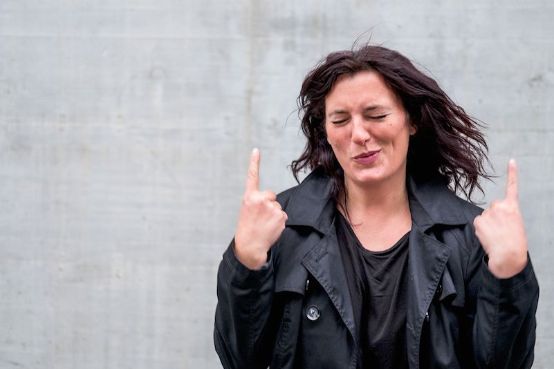2nd Basel Composition Competition
Following the successful first edition in February 2017, the second round of the Basel Composition Competition has now been announced. The competition will take place from February 20 to 24, 2019 under the direction of jury president Michael Jarrell.
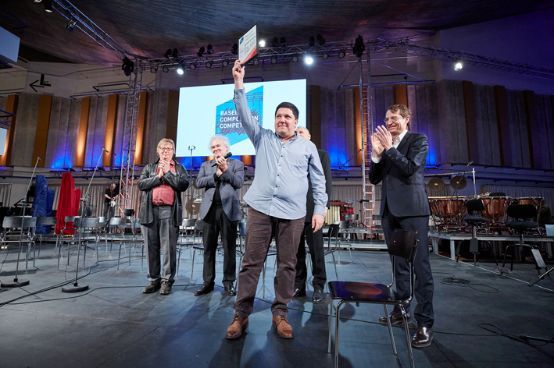
The organizers of the Basel Composition Competition (BCC) announce: "Until 31 May 2018, composers of all ages and nationalities once again have the opportunity to register on the website www.baselcompetition.com to register for the top-class composition competition and submit a new, as yet unperformed work for chamber or symphony orchestra by August 31, 2018.
Basel music manager Christoph Müller, who founded and organizes the BCC in collaboration with the Paul Sacher Foundation in 2015, intends to bring the world's most exciting composers to Basel and have their works premiered by Basel orchestras. The competition is thus entirely in the spirit of the work of Basel conductor and patron Paul Sacher (1906-1999), who died in 1999. In February 2019, the jury consisted of the composers Michael Jarrell (jury president), Wolfgang Rihm (founding president), Helmut Lachenmann and Andrea Scartazzini, as well as the director of the Paul Sacher Foundation, Felix Meyer, and representatives of all the orchestras.
The nominated works will be performed in four concerts as part of a public competition by the Basel Chamber Orchestra, the Basel Symphony Orchestra and the Basel Sinfonietta, which will take part for the first time in February 2019. The three best compositions will be awarded prizes at a final concert on February 24, 2019 and will receive prize money totaling CHF 100,000. For the first time in Basel's orchestral history, the three established professional Basel orchestras will be united in one project.






